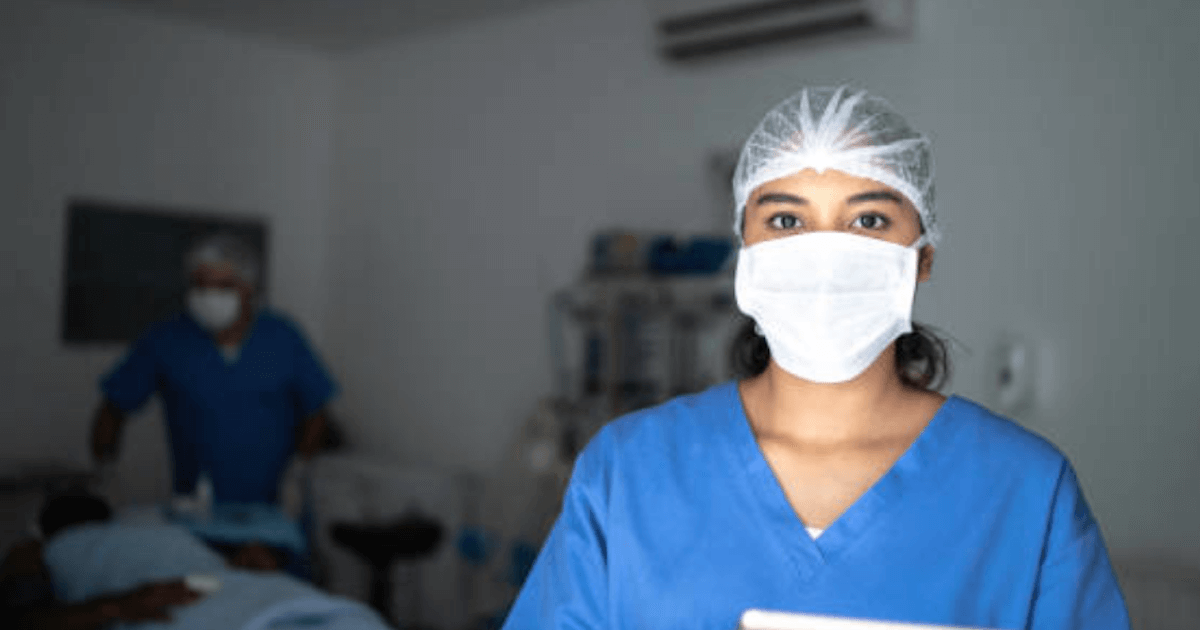Hispanic People & COVID Risk
- In a new study that looked at the data of over 500,000 Medicare recipients, it showed that Hispanic people face the highest risk of death by COVID-19, as compared to other races.
- Cancer patients must be extra careful during the pandemic, as many have a blunted immune system from cancer treatment.
- Exercising caution and wearing a mask when around others during the pandemic is critical for everyone not just those with cancer.
Related: A COVID-19 Vaccine May Be on the Way: What Those With Cancer Need to Know
Read MorePossible Causes for High Death Rate
Dr. Otis W. Brawley, a Professor of Oncology at Johns Hopkins University, tells SurvivorNet, “For some reason, Hispanics have a higher risk of dying [from COVID-19]; we don't know why that is. Hispanic is a very heterogeneous term. It refers more to culture than anything else.” Related: If You Have Cancer It's More Important Than Ever to Get a Flu Shot Amid COVID-19He explains the factors that may be at play, saying, “I start thinking like this: Do Hispanics live in groups more so than other ethnicities or other cultures? Are they more likely to delay getting to a hospital or getting treatment? They may be very sick once they get to the hospital, and very little can be done. When we talk about Hispanics, whites, Blacks, we're talking more about culture and ethnicity than a biological component.”
Dr. Brawley says, “Hispanics tend to also have a higher rate of obesity. Obesity seems to be a huge driver in the death from coronavirus. Part of the reason it's important to learn about this is, even now, we're better at treating the disease; people are surviving now who would've died had they gotten this disease in March and April.”
Cancer & COVID-19
It’s harder for people with some types of cancers than it is for others. Dr. Brawley says, “The other things that are in the study are not a huge surprise; people who have sickle cell disease or blood diseases especially leukemia and lymphoma they're at a higher risk of dying because they already have a blunted immune system.
Some types of cancer are less of a worry. “The data that has been presented so far is that people who have solid tumors who are not getting treated; they tend to do as well as people who don't have cancer. But people who have cancer and get sick with COVID don't do well.”
Related: How to Fight Chemotherapy Fatigue
Women being treated for breast cancer don’t need to worry as much. “The women who have breast cancer and have hormonal therapy tend to do okay with COVID-19, as well as anybody else,” he says. “But people being treated for myeloma or people getting chemo tend to do worse. The immune system is being destroyed [by chemotherapy] and can't fight off the virus.”
It's Important To Continue Cancer Screenings Through COVID-19
Exercising Caution During COVID-19
Now more than ever, caution is needed during this pandemic. Regardless of whether or not you have been diagnosed with cancer, it’s important to follow the safety guidelines laid out by the Centers for Disease Control and Prevention (CDC), which include wearing a mask, washing your hands, and practicing social distancing.
Dr. Brieze Keeley Bell told SurvivorNet in a previous interview, “The general guidance right now is that for your safety and the safety of your loved ones and your entire community, we would really encourage you to stay home and practice social distancing as much as possible and to try to communicate with your doctors over phone and video for routine clinical care.”
Some symptoms of COVID-19 could actually be complications from your cancer, such as shortness of breath. “There are several conditions that may indicate evolving emergencies that require you to be evaluated in person, either by your usual physician or by the team of doctors in the emergency room,” said Dr. Bell. “Some examples of this include uncontrollable nausea and vomiting that won’t respond to any of your medications at home, which can sometimes be a sign of a bowel obstruction or a bowel perforation, severe chest pain, which might indicate a heart attack or a complication of your cancer, severe shortness of breath, which certainly could indicate infection with the COVID virus but could also indicate any one of a number of complications from your cancer that might require urgent evaluation. Confusion or loss of consciousness might demonstrate that you’re having a serious complication from your cancer in your brain or another illness that is impacting your body’s ability to stay awake.”
Learn more about SurvivorNet's rigorous medical review process.


